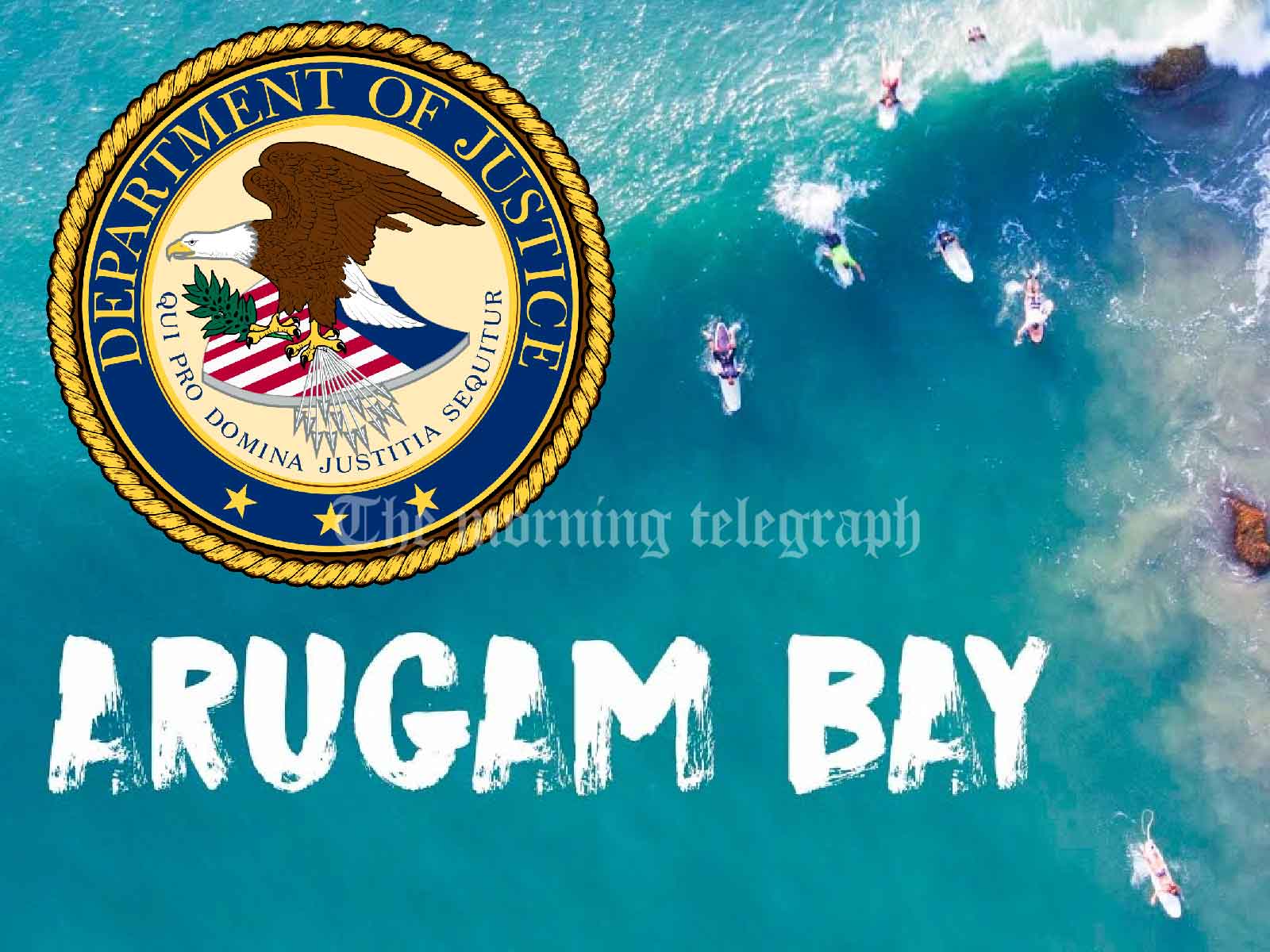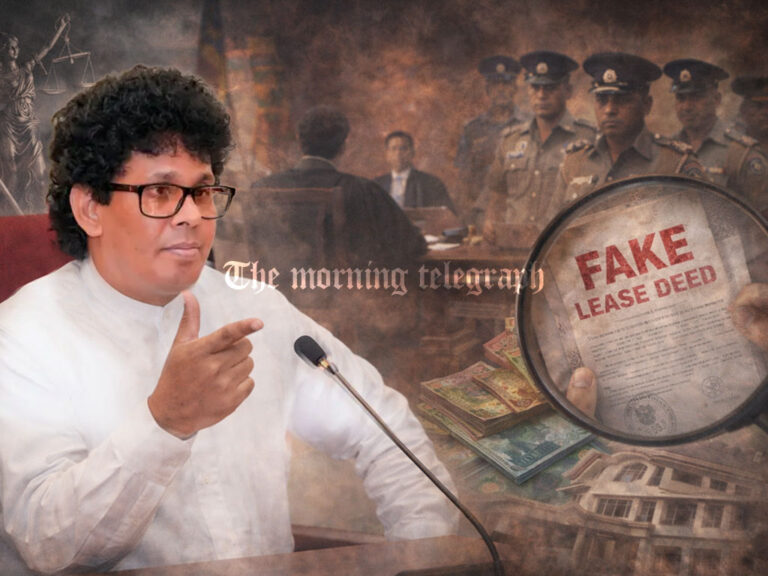
The U.S. Department of Justice has charged Iranian operative Farhad Shakeri, who is accused of being involved in a plot to assassinate then-presidential candidate Donald Trump, with also being responsible for targeting Israeli tourists in Sri Lanka.
According to court documents, Iranian authorities tasked Shakeri, 51, with surveilling and ultimately killing Trump in September 2024. Shakeri, who is believed to be in Tehran, remains at large, and this marks yet another alleged assassination attempt by the Iranian regime against the U.S. president.
Shakeri, an Afghan national residing in Iran, is also accused of conspiring to carry out other targeted killings, including U.S. citizens of Iranian descent. Initially, the Islamic Revolutionary Guard Corps (IRGC) directed Shakeri to focus on American and Israeli targets in the U.S., but on October 7, 2024, they specifically ordered him to prioritize Trump’s assassination. Shakeri was given a tight seven-day deadline to formulate a plan, but he told investigators that if he failed to do so, the IRGC would postpone the mission until after the election, believing Trump would lose.
Two individuals, Carlisle Rivera and Jonathan Loadholt, were also arrested in connection with this plot, accused of helping Shakeri surveil a separate U.S. citizen of Iranian descent. Both are facing charges and are currently in detention.
In addition to the Trump plot, Shakeri is alleged to have played a role in planning a mass shooting targeting Israeli tourists in Sri Lanka. U.S. and Israeli authorities issued travel warnings regarding a potential attack on Israeli tourist sites in the Arugam Bay area in late October 2024, after Sri Lankan police arrested several individuals tied to the threat. One of the arrested individuals, identified as CC-2, was reportedly tasked by Shakeri to surveil the Israeli consulate and tourist locations in Sri Lanka. Shakeri’s instructions included orchestrating a mass shooting at Arugam Bay, with CC-2 allegedly supplying weapons like AK-47s for the attack.
The Iranian government has categorically denied these allegations, calling them baseless and part of a conspiracy to escalate tensions between Iran and the U.S.
Shakeri, who was deported from the U.S. in 2008 after serving time for robbery, had been involved in leveraging criminal networks to support the IRGC’s operations. His criminal history includes previous connections to drug trafficking, and he has reportedly used his ties to organize surveillance and assassination operations for the IRGC.
Facing charges of conspiring to support a foreign terrorist organization, Shakeri could face up to 20 years in prison, should he be captured and tried.






